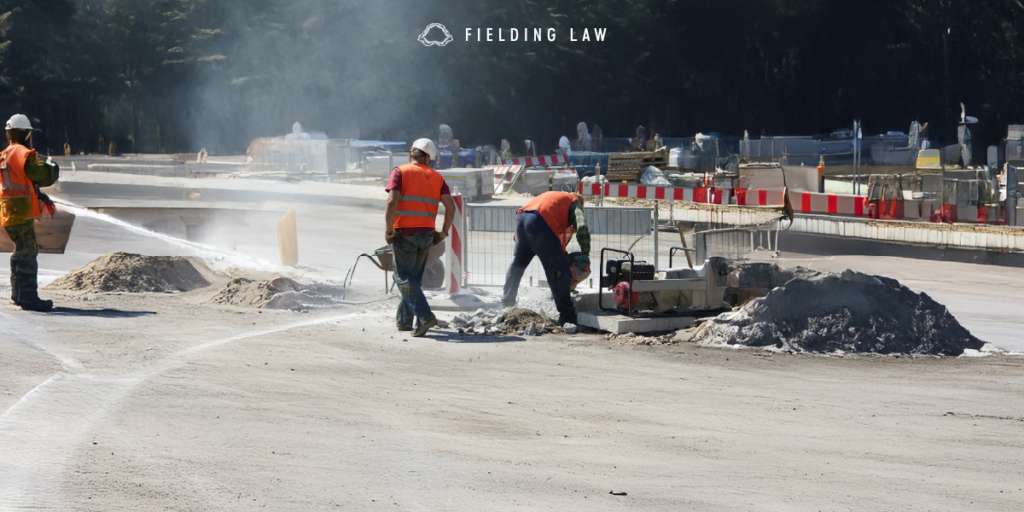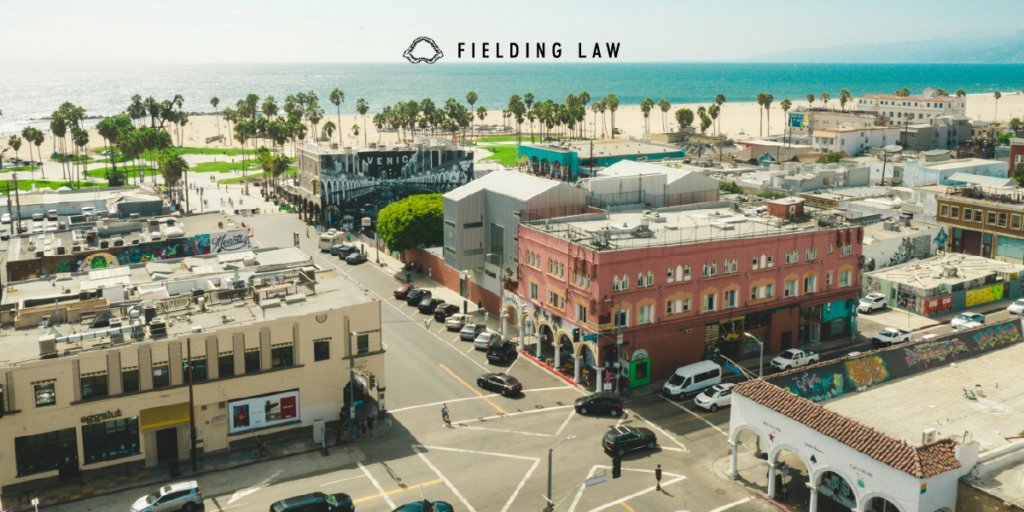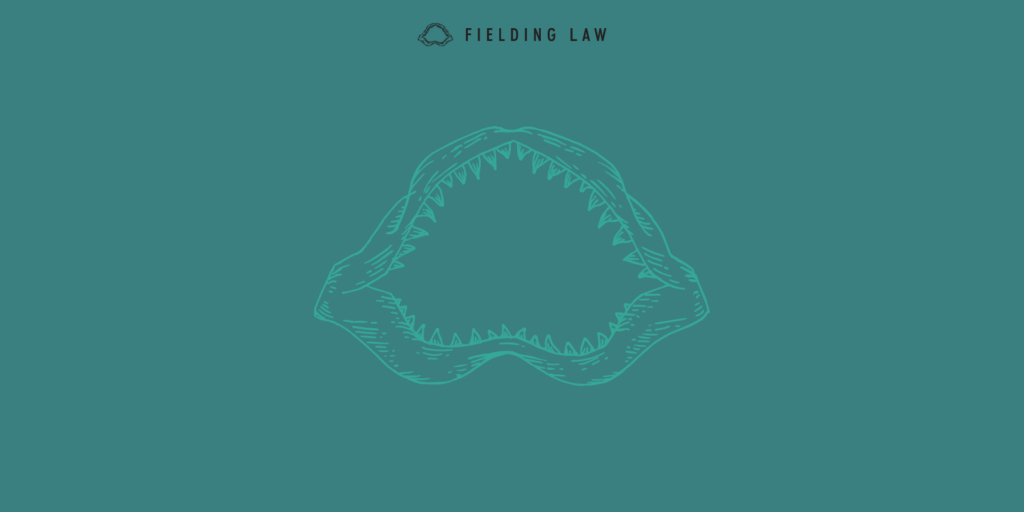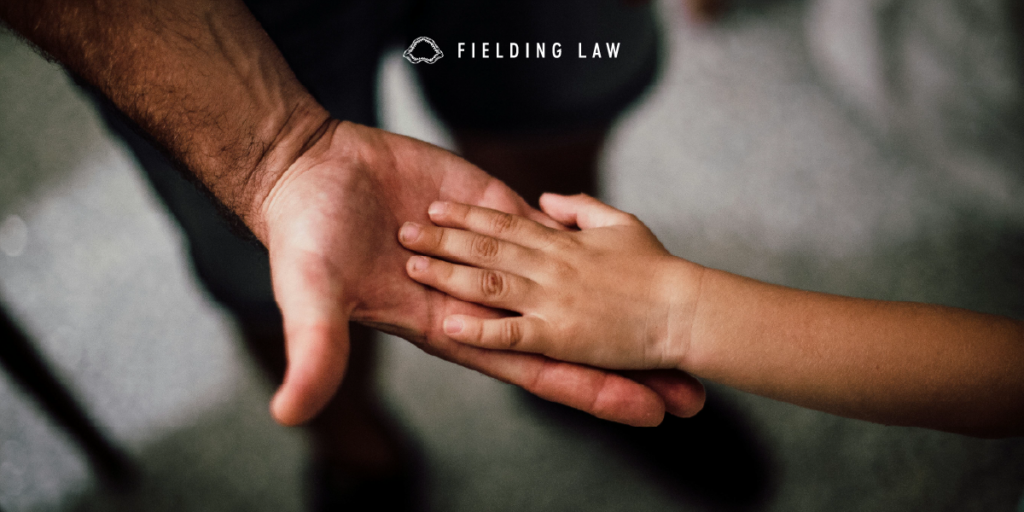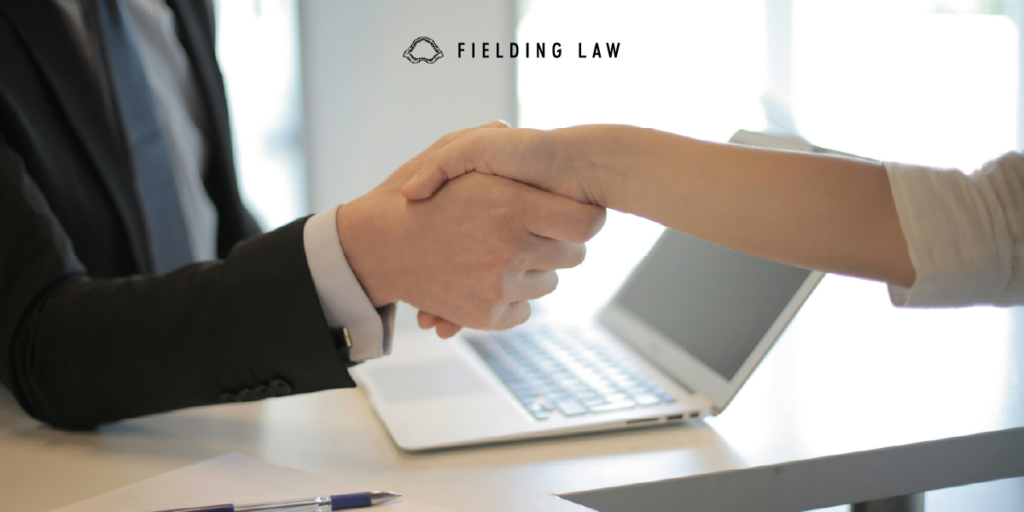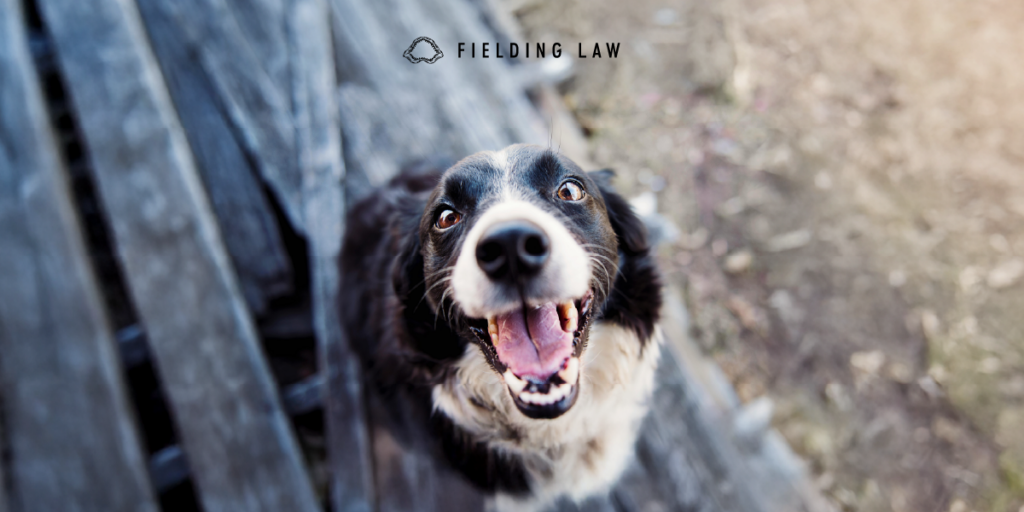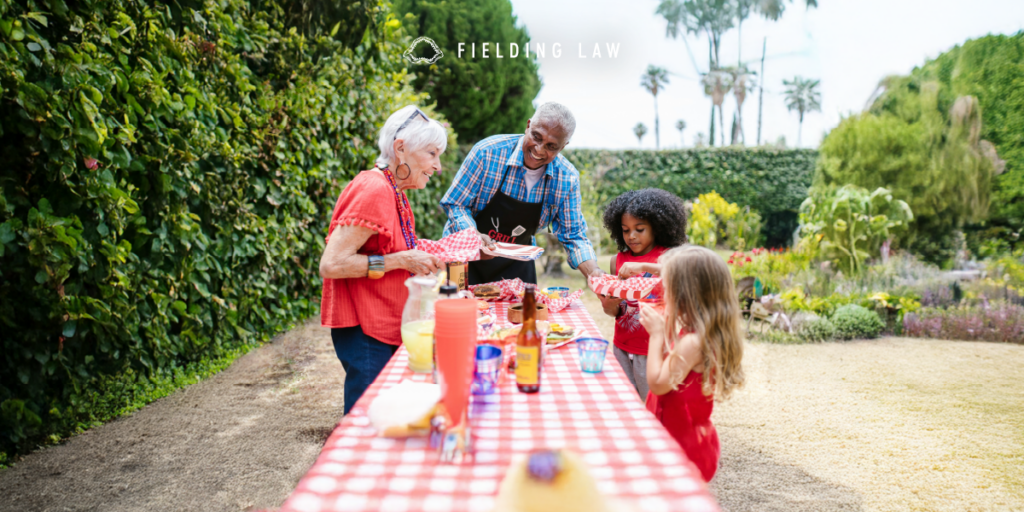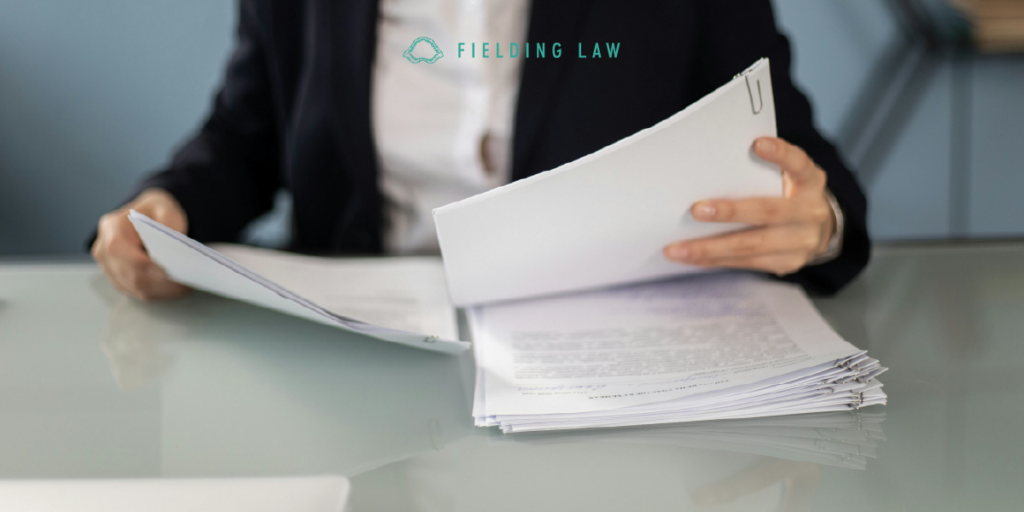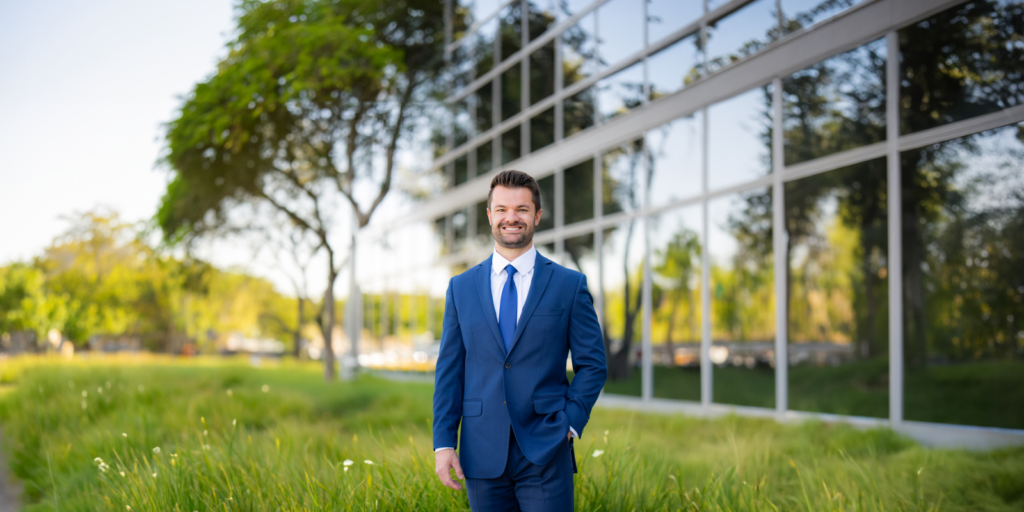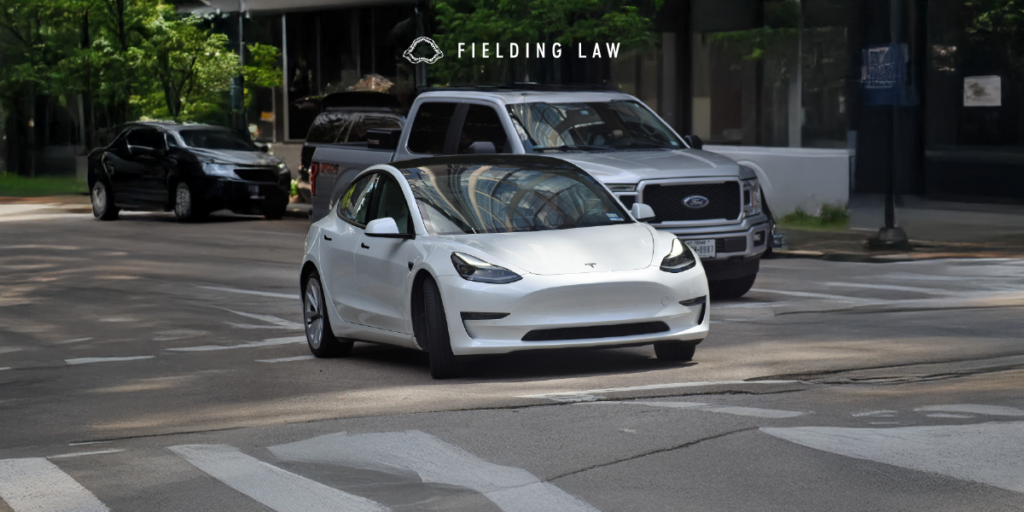
A Tragic Crash Now in Court
A federal jury in Miami is hearing a high-profile wrongful death case involving Tesla. The lawsuit stems from a fatal 2019 crash in Key Largo, Florida. According to reports, a Tesla Model S on Autopilot struck a parked SUV at highway speed. The impact killed 22-year-old Naibel Benavides Leon and injured her boyfriend, Dillon Angulo.
This case is especially notable because the victims were standing outside the vehicle. Most previous lawsuits involving Tesla’s Autopilot have come from passengers or drivers. This one could expand how courts view third-party claims.
Legal Claims Against Tesla
The plaintiffs argue that Tesla’s Autopilot system was defective and improperly marketed. They claim the company allowed drivers to use the system in areas where it was not safe. For example, they say Tesla failed to use geofencing to limit Autopilot to highways.
They also assert that Tesla gave the public a false sense of security. A 2016 promotional video showed a Tesla navigating city streets on its own. However, the company later admitted the video was staged. The plaintiffs now use this as evidence of misleading marketing.
Judge Beth Bloom allowed the jury to consider punitive damages. This decision suggests the court sees possible reckless behavior on Tesla’s part.
What the Data Reveals
Tesla denies any wrongdoing. However, the plaintiffs say the company withheld crash data that could show how Autopilot performed during the crash. They claim Tesla’s refusal to share logs raises concerns about transparency.
In addition, the driver of the Tesla, George McGee, admitted that he looked down to pick up his phone right before the crash. He also pressed the accelerator, which may have disengaged Autopilot. Despite this, the plaintiffs argue the system should have intervened. They say Autopilot could have detected the hazard and stopped the car in time.
Why This Case Matters
This trial could reshape how courts handle lawsuits involving advanced driver-assistance systems. It challenges both Tesla’s technology and its responsibility to the public. If the jury rules against Tesla, it could encourage stricter safety rules for semi-autonomous vehicles.
Federal agencies like NHTSA are already investigating Tesla’s self-driving features. A verdict in favor of the plaintiffs could push regulators to act more aggressively. It may also open the door for more third-party injury claims in the future.
What Victims and Families Should Know
Victims of crashes involving driver-assistance systems face unique legal challenges. These cases often require deep investigation. Attorneys must analyze crash logs, sensor data, driver behavior, and manufacturer decisions.
Fielding Law works with industry experts to uncover what went wrong. Whether a crash happened in California or Arizona, we can help you understand your legal options. Our team knows how to navigate claims involving complex vehicle technology.
Why Hire Fielding Law
At Fielding Law, we offer ethical, effective, and compassionate legal representation. We stay informed about emerging legal issues in vehicle automation and product liability. When a company’s negligence causes harm, we are here to fight for accountability.
If you or a loved one suffered injuries in a crash involving a semi-autonomous vehicle, you deserve answers. Contact Fielding Law at 833.88.SHARK today for a free consultation.
Note: Information provided is for educational purposes and does not constitute legal advice. Always consult with a qualified attorney for legal concerns.
